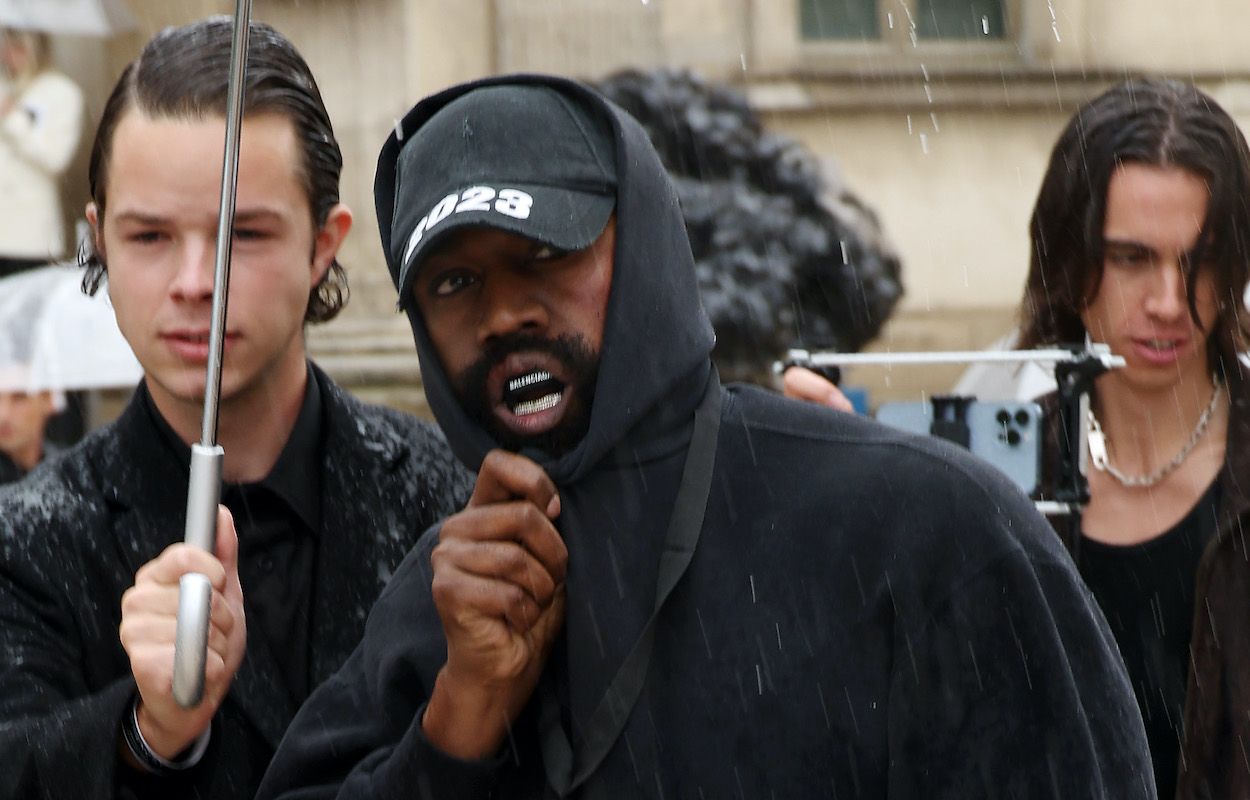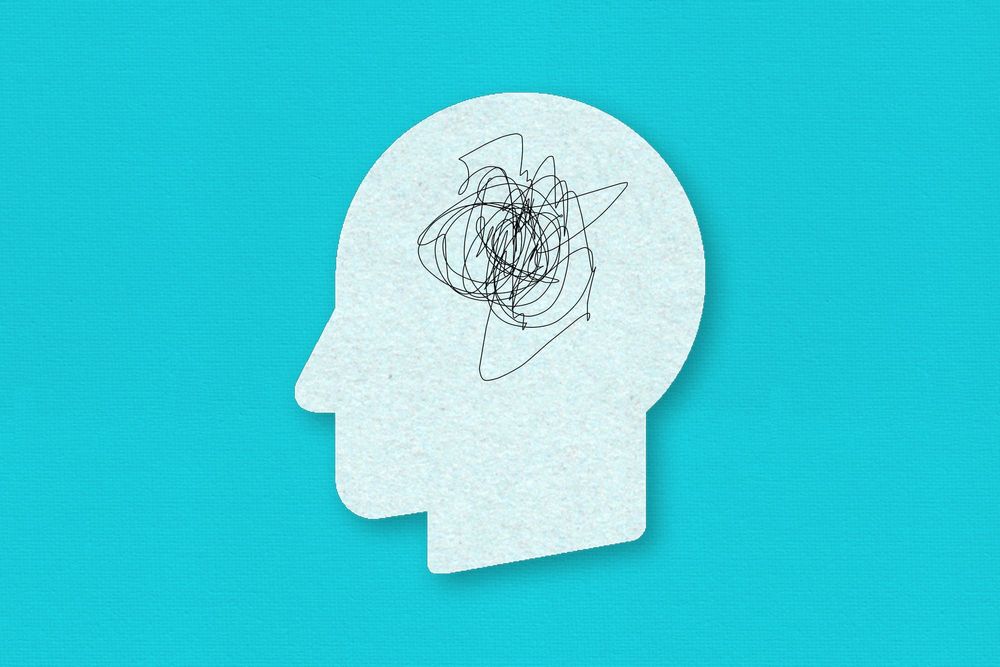The question of whether racism is a mental illness is not a new one. People have engaged with this query for decades. Jane Elliot—the educator known for her “blue eyes/brown eyes” exercise that looked like something out of Full Metal Jacket—went on the Oprah Winfrey Show in the early ’90s and said she does believe racism is a mental illness. Other people see this assertion as complete nonsense. It’s a complicated discussion. Sander Gilman, a historian at Emory University who teaches a course on extremism, told Time that he (haughtily) believes in “Gilman’s Law: Not all racists are crazy, but crazy people can be racists."
The aforementioned Time piece wrestles with an intriguing question. It’s not squarely interested in the idea of racism falling under mental illness or not, but what the legal implications of the question are in the first place. Presently, there is a rise in extreme racism in which people engage in violent crimes. Would people who commit these crimes, like the ones that took place in Buffalo or Charleston, be able to enter an insanity plea and just run free?
Michael Boucai, a professor at the State University of New York at Buffalo School of Law and an expert on mental health and other social issues in courtrooms, told the magazine it’d be “extremely hard to succeed on the theory that extreme racism per se—particularly subscription to a theory—is a mental illness for the purpose of criminal responsibility. He added that, regardless, only 1 percent of cases use a “mental disease or defect” defense and it’s incredibly unsuccessful. “Just because you have a psychologist or psychiatrist saying this person is mentally ill does not mean the law has to [accept] that,” he said. Dylann Roof, the man responsible for killing nine Black parishioners inside Emanuel AME Church in 2015, had a legal team that argued he was not mentally well, but Roof rejected the claim. He knew full and well what he was doing, motivated by hate, not suffering from an illness.
Most mentally ill people are subject to violent crimes, not the committers of them, so it isn’t fair to stigmatize mental illness and conflate it with those who have bigoted views.
On the flip side, Dr. Alvin Poussaint, a retired psychiatrist from Harvard Medical School, argues that using “extreme racism” as a diagnosable condition could help people who are willing to seek help turn a new leaf. “Even people in general society, friends and relatives and even the afflicted individual, would recognize it as a disorder and say, ‘I’m not alright.’ People who get swept up by anxiety and can’t function, they don’t think they are normal. They say, ‘This is taking over my life. I need some help.” He considers “extreme racism” a version where a person suffers from delusions and paranoia. But in my mind, extreme, mild, and all other variations of racism are direct symptoms of delusion and paranoia.
The truth of the matter is some of these racists out here are absolutely mentally ill. However, most mentally ill people are subject to violent crimes, not the committers of them, so it isn’t fair to stigmatize mental illness and conflate it with those who have bigoted views.
As W. Carson Byrd, a sociologist at the University of Michigan, told Time, research shows that people are not born bigots, it is something that is learned in white supremacist cultures like the United States. Mental illness, excluding those that might be developed through trauma, is typically an inborn trait. The main flaw in considering “extreme racism” a mental illness is the assertion that it is beyond an individual’s control.
Racism is a global emergency. While I consider myself an expert in racism, I’m not anywhere close to an expert in how the brain works or functions. I’m skeptical that “extreme racism” is a disease, but believe some racists are too stupid to function and are susceptible to propaganda because their skulls are just a hollow spaces. In the end, I’m all for pulling out all the stops to eradicate that scourge.


